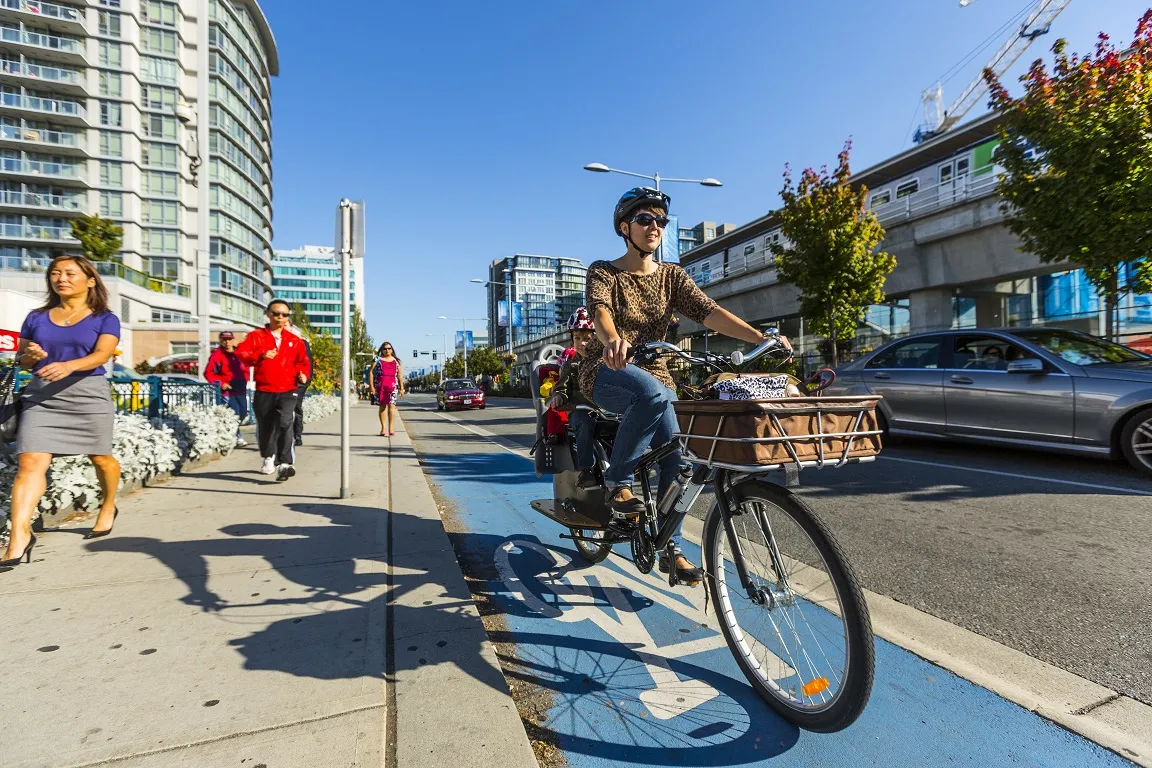New South Wales infrastructure and services have received a boost in the 2016-17 budget. The government is investing US$15.3 billion (AU$20.2billion) in recurrent and capital funding, an increase of US$2.8 billion (AU$3.7 billion) on 2015-16. It is also providing significant funding for priority projects, including US$2.2 billion (AU$2.9 billion) for WestConnex, the largest transport project in Australia linking Sydney’s west and south-west with the CBD, the Airport and Port Botany.
It will also provide
June 23, 2016
Read time: 2 mins
New South Wales infrastructure and services have received a boost in the 2016-17 budget. The government is investing US$15.3 billion (AU$20.2billion) in recurrent and capital funding, an increase of US$2.8 billion (AU$3.7 billion) on 2015-16.
It is also providing significant funding for priority projects, including US$2.2 billion (AU$2.9 billion) for WestConnex, the largest transport project in Australia linking Sydney’s west and south-west with the CBD, the Airport and Port Botany.
It will also provide US$2 billion (AU$2.7 billion) to deliver Sydney Metro, Australia’s biggest public transport project and US$1 billion (AU$1.5 billion) for the Pacific Highway to continue the duplication program.
The government has also allocated US$1 billion (AU$1.5 billion) for road maintenance, including bridge rebuilding, pavement rehabilitation and traffic facilities maintenance, USS$1 billion (AU$1.4 billion) for bus services throughout NSW including rural and regional bus services and school services in country areas and US$750,000 (AU$1 billion) over the next four years for trains on the existing suburban network.
It is also providing significant funding for priority projects, including US$2.2 billion (AU$2.9 billion) for WestConnex, the largest transport project in Australia linking Sydney’s west and south-west with the CBD, the Airport and Port Botany.
It will also provide US$2 billion (AU$2.7 billion) to deliver Sydney Metro, Australia’s biggest public transport project and US$1 billion (AU$1.5 billion) for the Pacific Highway to continue the duplication program.
The government has also allocated US$1 billion (AU$1.5 billion) for road maintenance, including bridge rebuilding, pavement rehabilitation and traffic facilities maintenance, USS$1 billion (AU$1.4 billion) for bus services throughout NSW including rural and regional bus services and school services in country areas and US$750,000 (AU$1 billion) over the next four years for trains on the existing suburban network.







